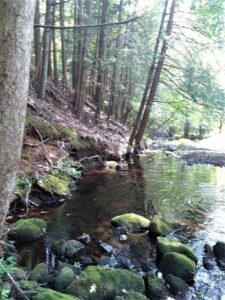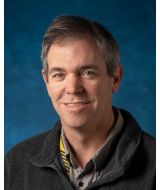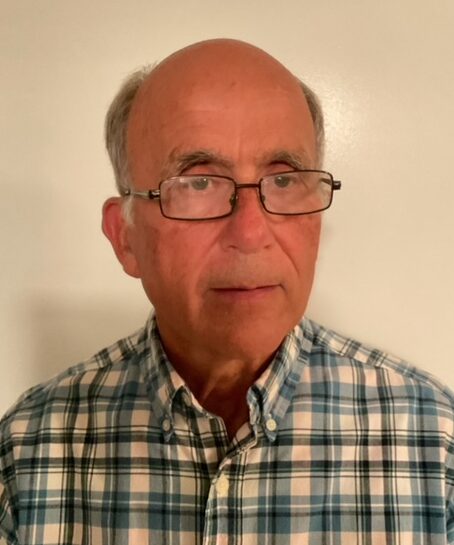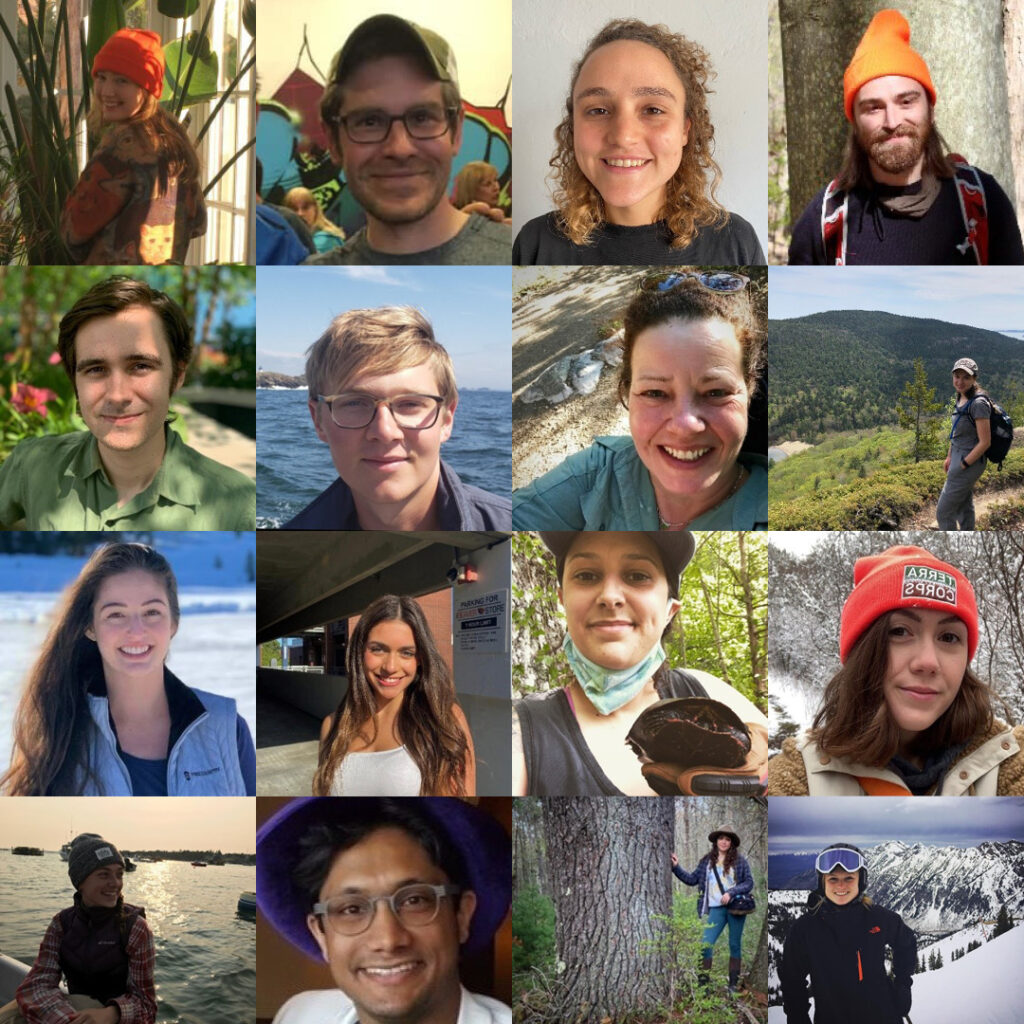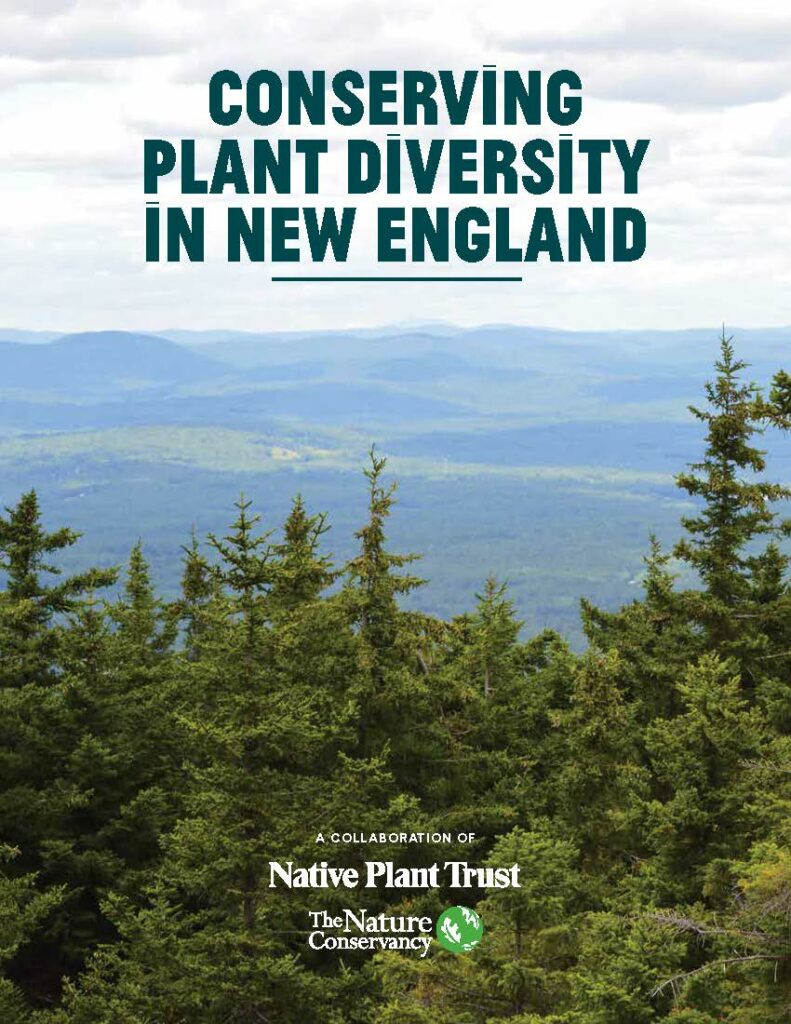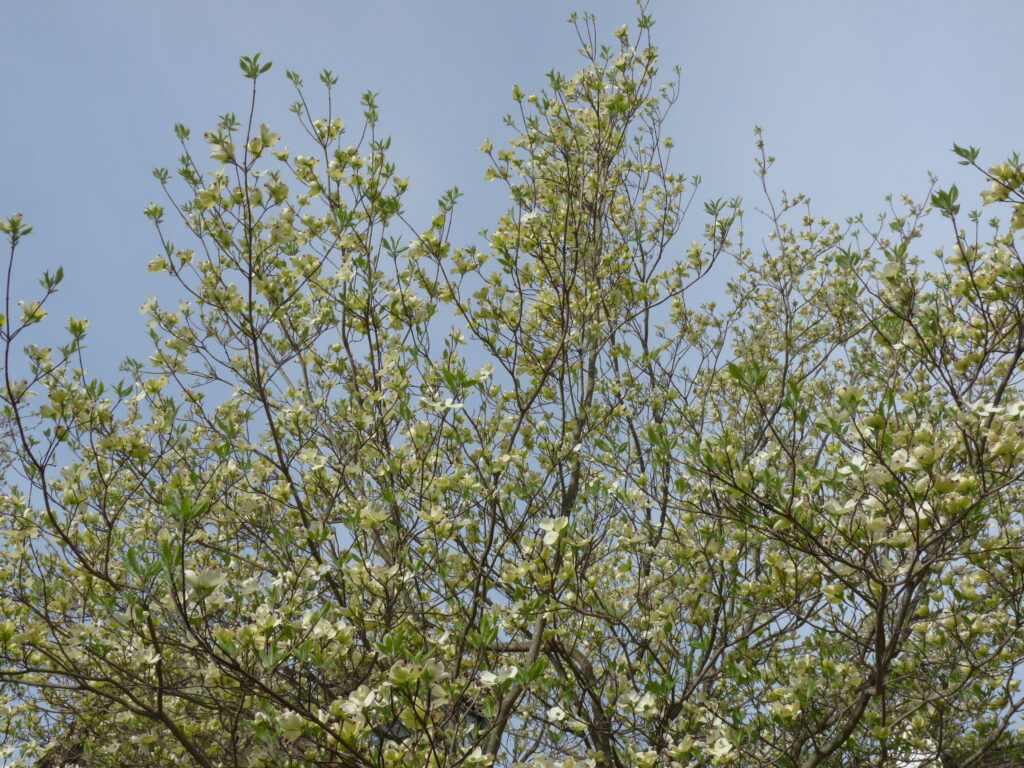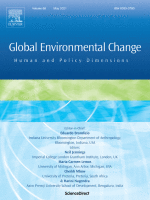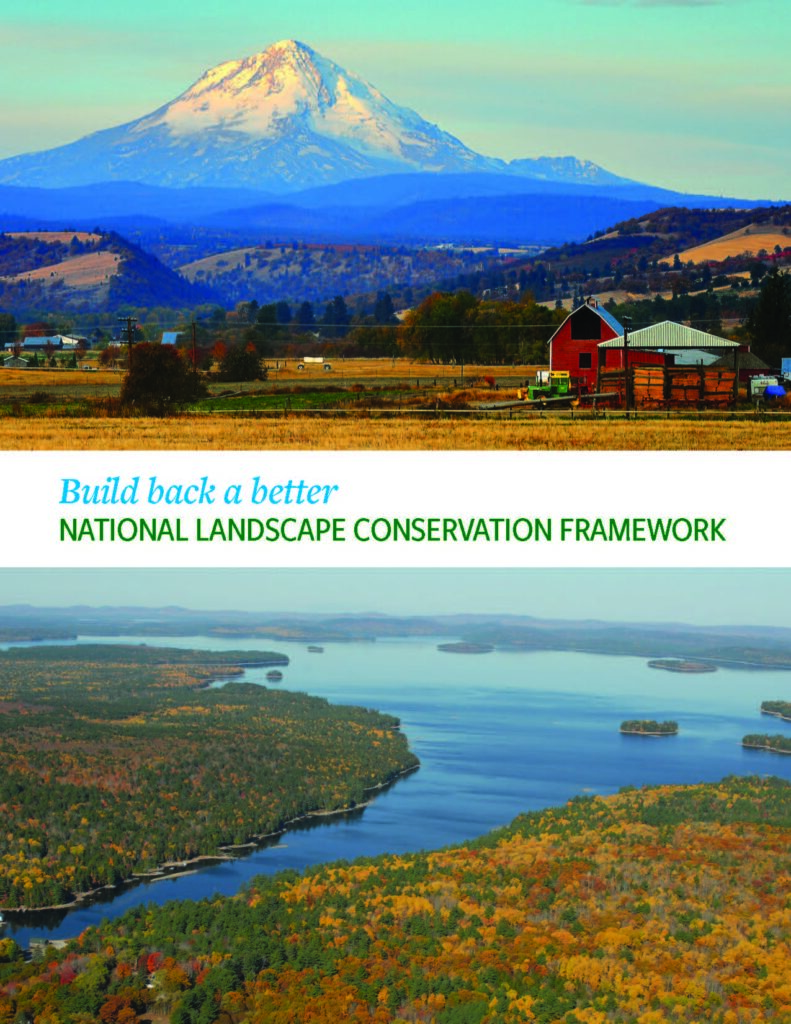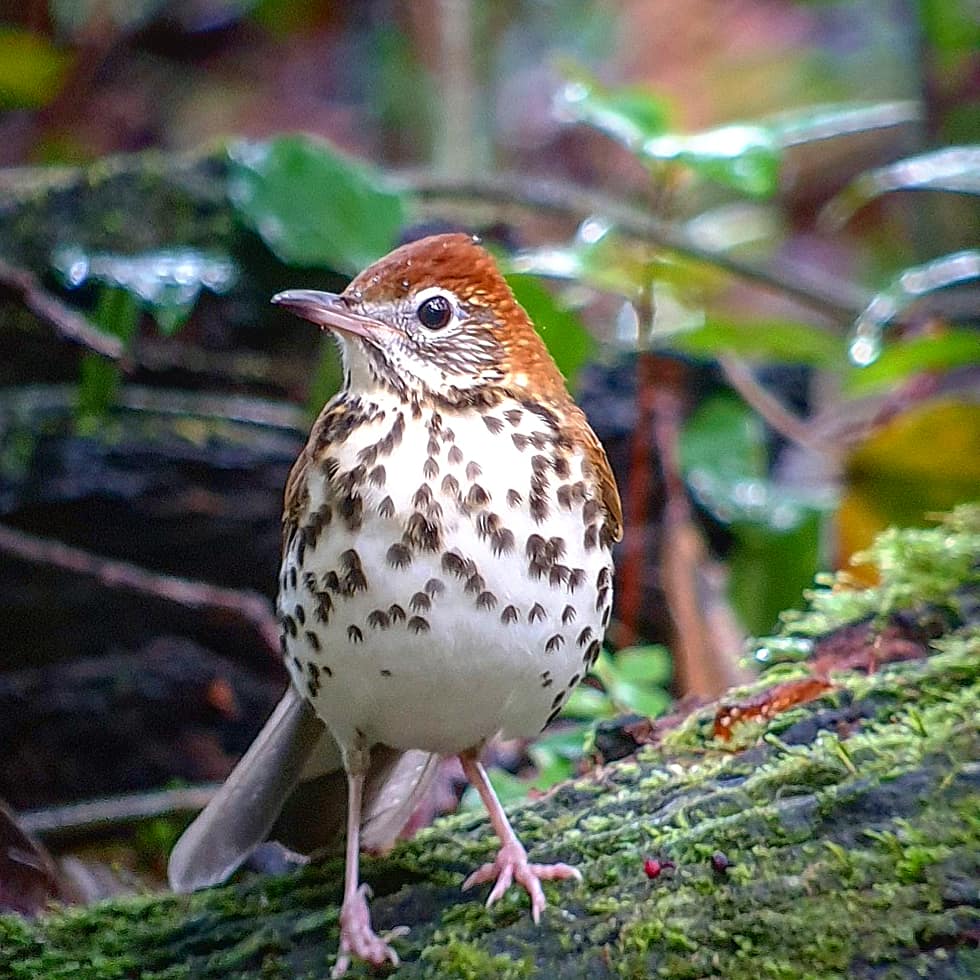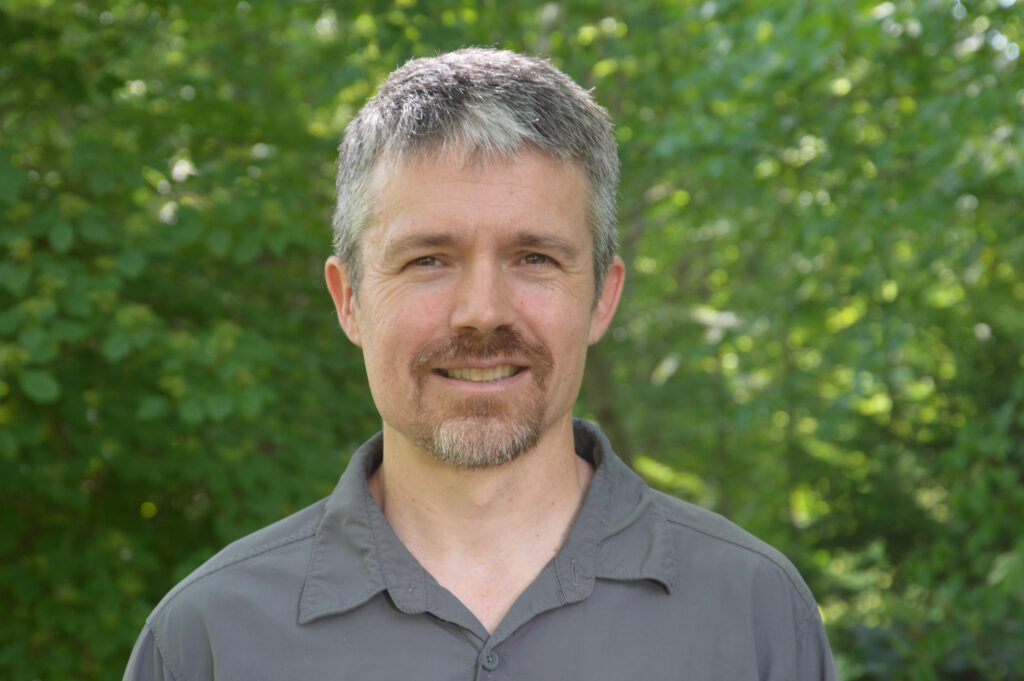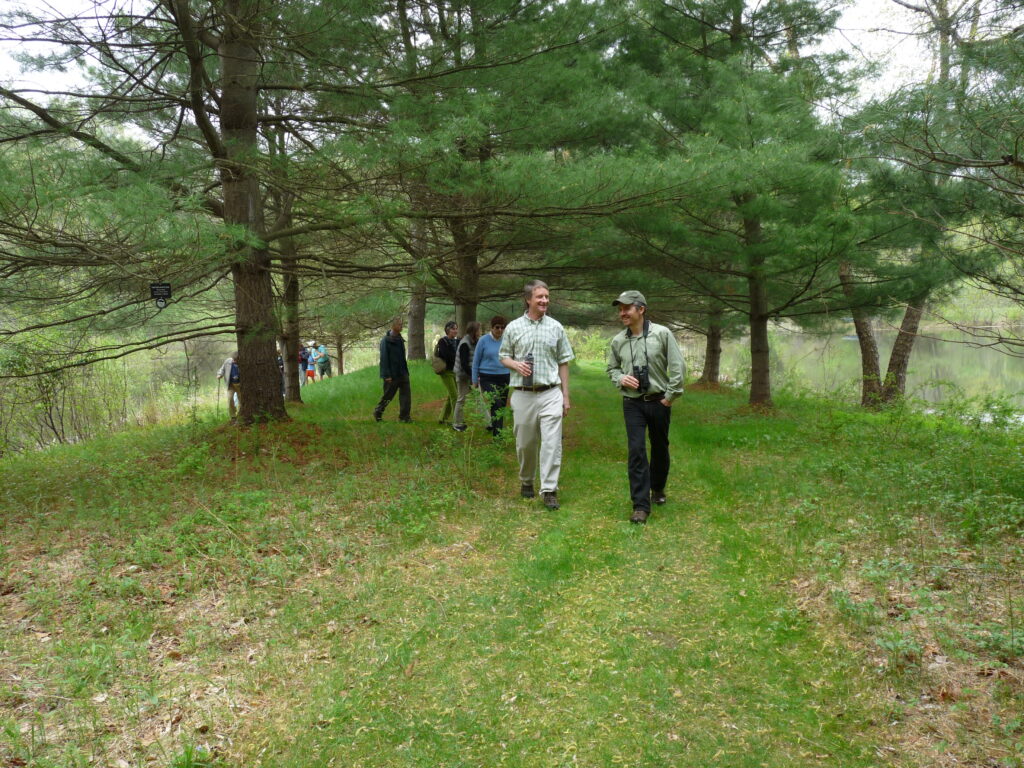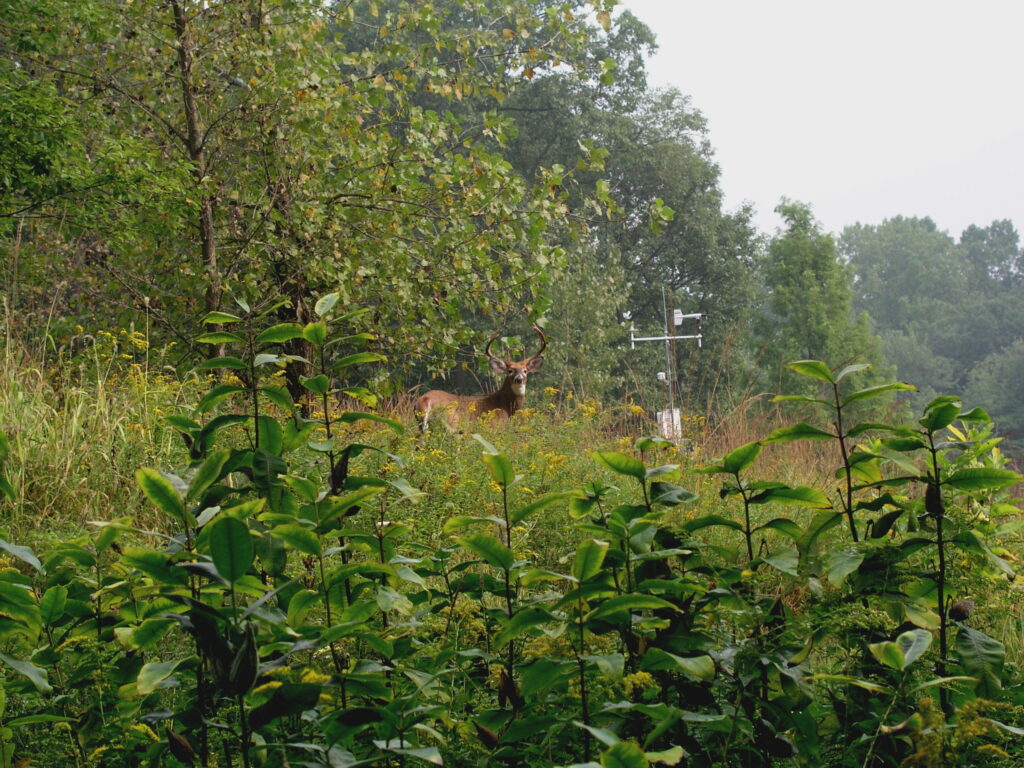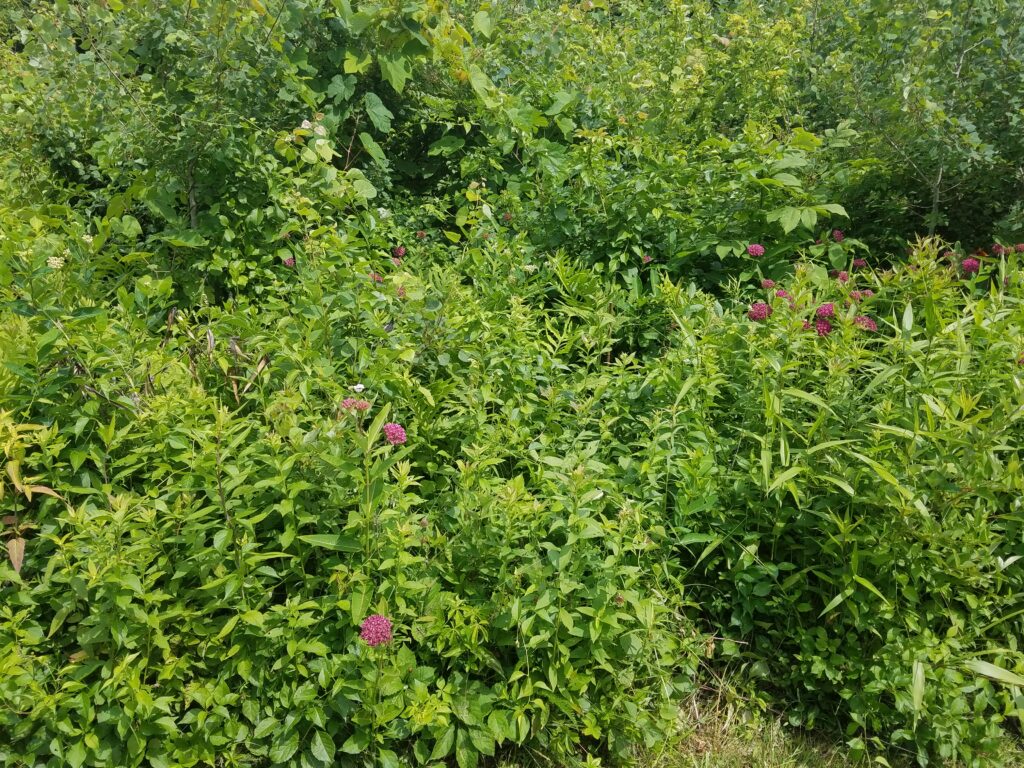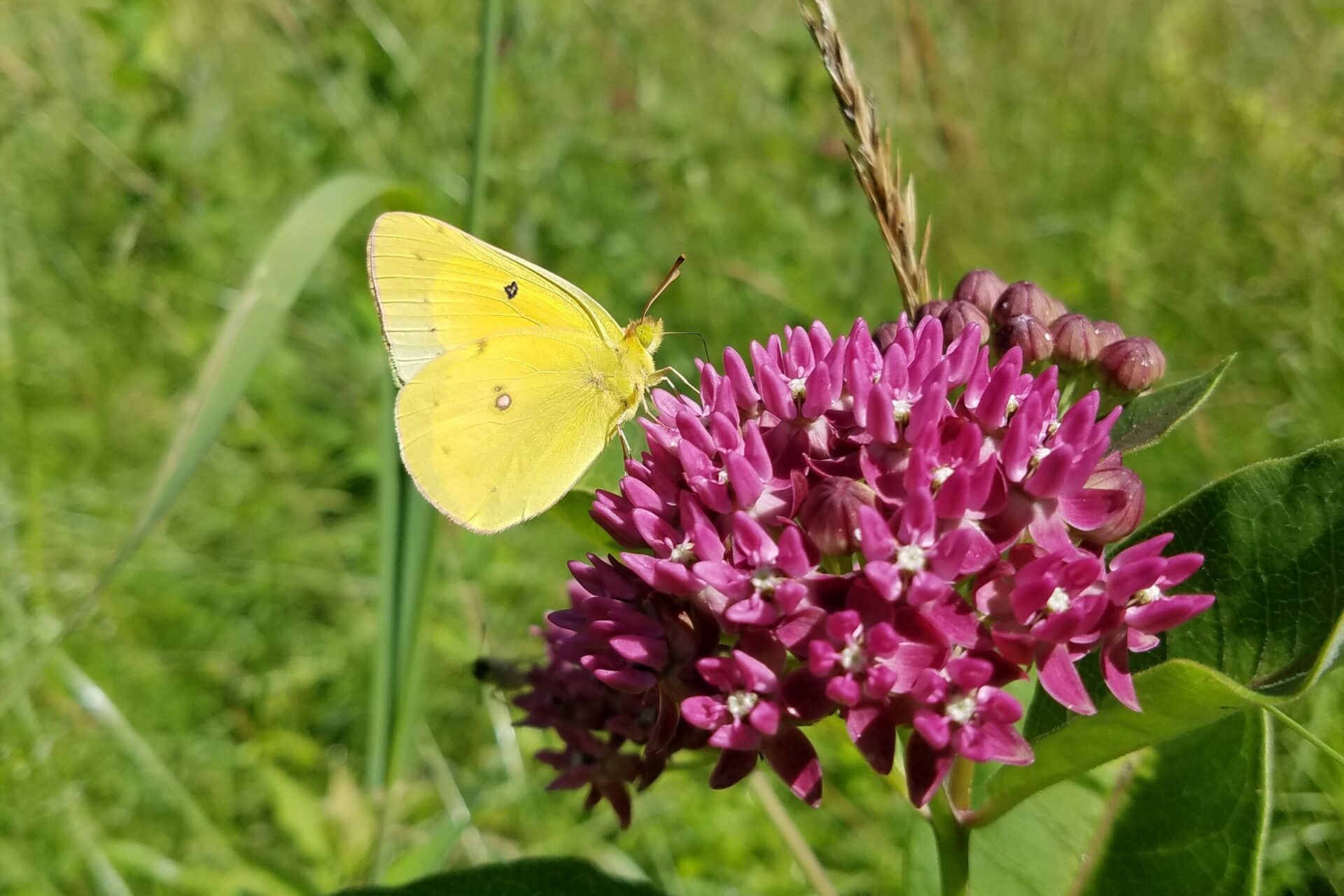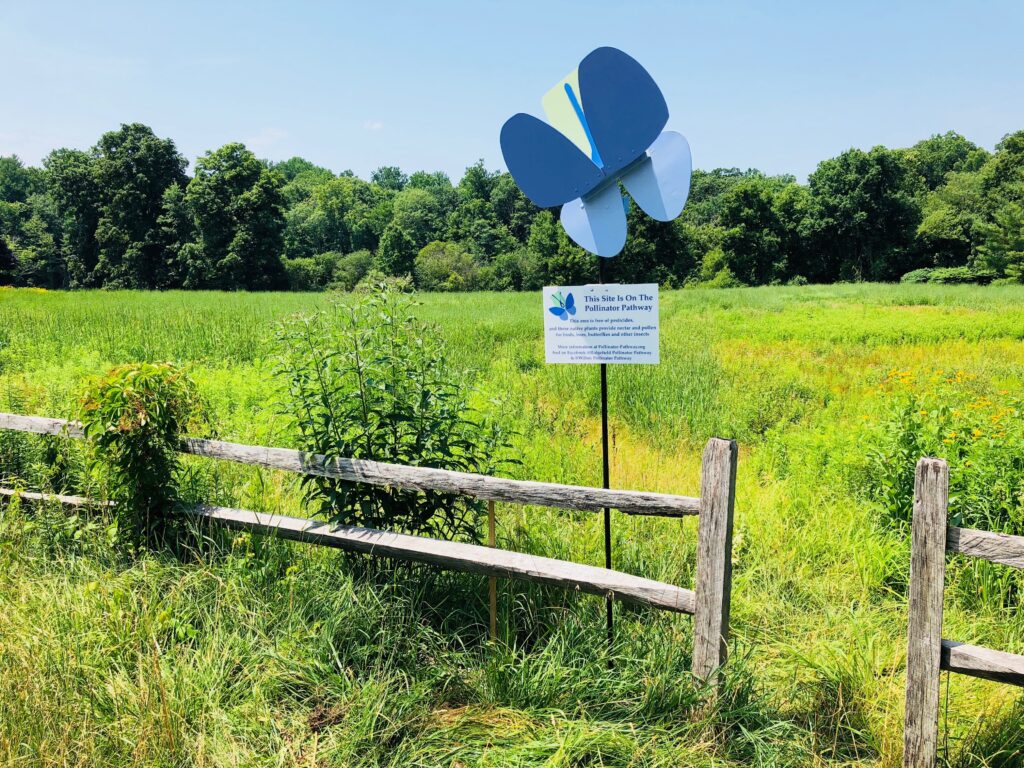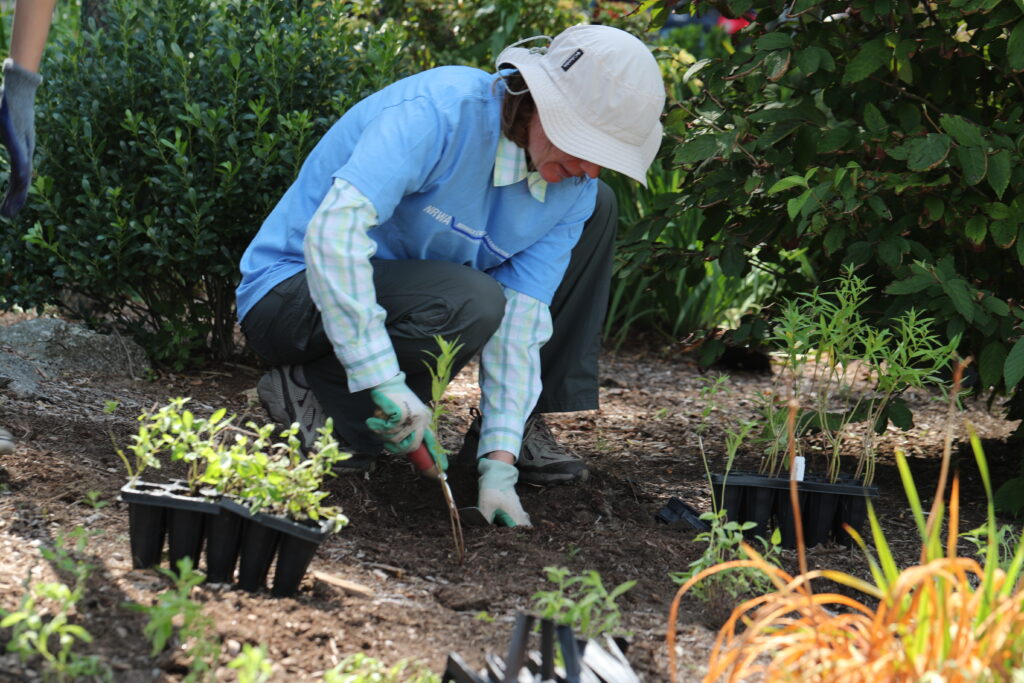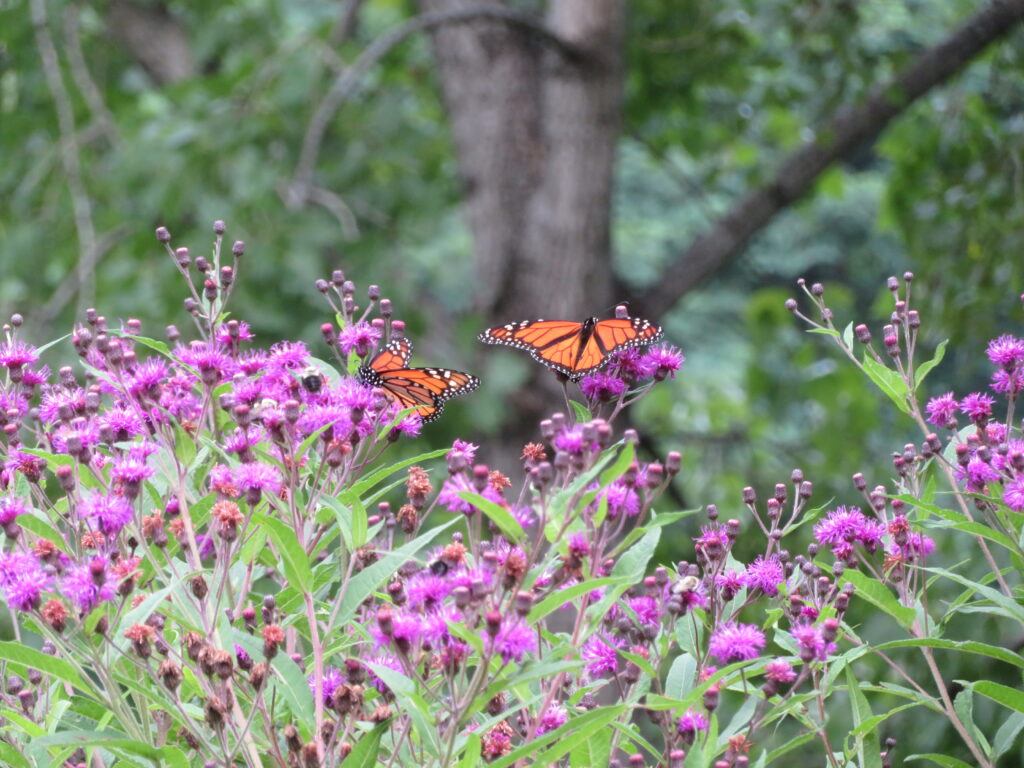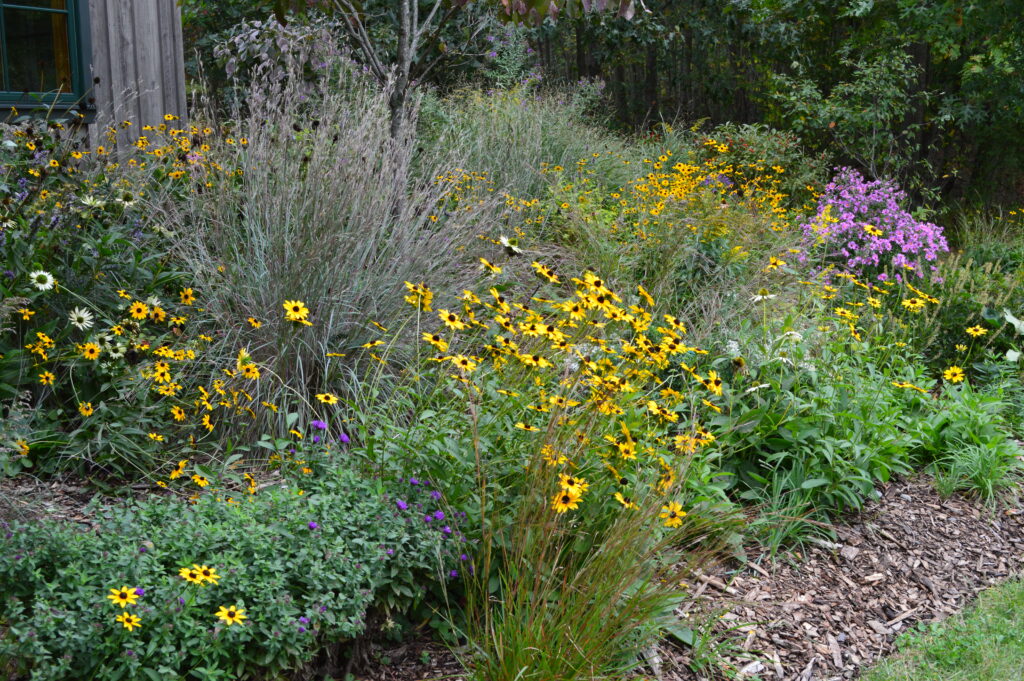Highstead would not be what it is today without the steadfast leadership and diverse experiences of its team members. Meet the people of Highstead: experts, conservation leaders, scientists, and staff that embody Highstead’s mission to build a healthier, more livable world for all in our staff interview series.
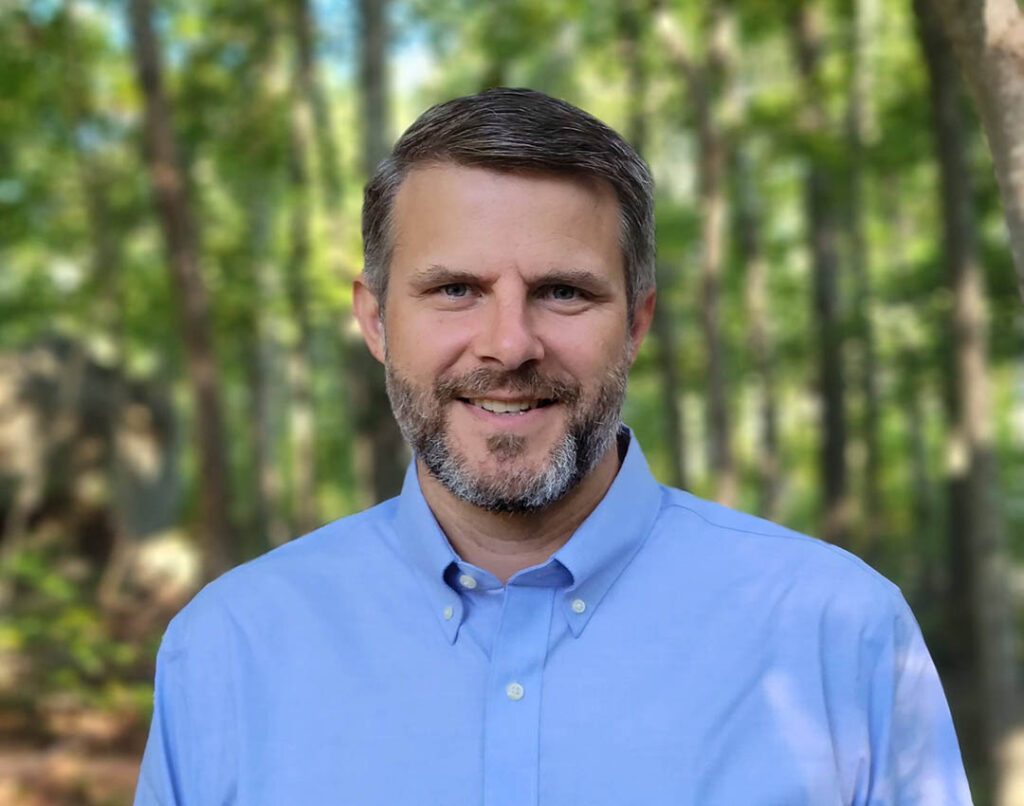
What is your role?
Spencer: I lead Highstead’s conservation finance program, which entails everything from working with partners on new public and private funding initiatives, to providing conservation strategy to partner NGOs, to conducting research on land use, economics, and environmental policy.
What drew you to Highstead?
Spencer: Solving the greatest conservation and climate challenges requires taking a long view and investing in foundational programs that may take years to pay dividends. Highstead embodies that patient commitment in its people and partnerships.
What are your favorite parts of your job?
Spencer: Every day I get to work with wicked smart colleagues within Highstead and at many of our partner organizations. I draw a lot of my inspiration from these folks. Collaboration can be hard some of the time, but it’s so much more fun and rewarding than going it alone.
Where does your motivation come from?
Spencer: I am motivated by the woods and waters around my home and my favorite New England destinations. I spend a lot of time outdoors mulling over how we got so lucky to have these places to reflect and recreate. I want everyone to have easy access to places that are special to them. I believe it’s through these personal connections to the land that we will ultimately succeed in accelerating the pace of conservation.
What is the professional accomplishment you are most proud of?
Spencer: If I had to point to one thing, I would say I am immensely proud of what my partners and I have built at Sebago Clean Waters – a true public/private partnership that is investing in preserving a critical watershed that serves millions of people. I also am very gratified by those moments, every once in a while, when I see something exciting happen, and I can look back and know for myself that I provided a little nudge, or a connection, or some advice along the way that helped make it happen.
Who are your conservation heroes throughout history and today and why?
Spencer: I received my forestry and conservation education in a time when mostly wealthy white men were celebrated for the things they did. I can’t help but be inspired by some of those stories, and particularly by Percival Baxter, who persevered over several decades to create Baxter State Park. Baxter is a very special place to me, and on my office wall hangs an original 1931 USGS topo map of the Baxter region from just before it became the Park. But I also know I have a lot to learn about how so many unsung, underrepresented heroes were working behind the scenes to make things happen. I have learned a lot from Dr. Dorceta Taylor’s book, the Rise of the American Conservation Movement, and still have a long way to go. I have also been inspired by a pair of truly great sustainability visionaries with whom I have been fortunate to have crossed paths personally: Drs. Donella Meadows and Elinor Ostrom.
Do you recommend any books, podcasts, or other resources that have had an impact on your life or work?
Spencer: I’m a sucker for economics podcasts. My two favorites are Freakonomics and Planet Money. They basically show how and why the real world works. Or doesn’t. The podcasts tell these fascinating stories that intertwine motivations, markets, personal passions, and frequently, mistakes. I find all kinds of ways to apply these lessons to my own life and my conservation work.
What is the most important/useful strategy in your conservation and stewardship toolbox?
Spencer: Finding out what motivates people, whether it’s a landowner, a policy-maker, or a colleague, is critical to making connections and getting things done.
Where is your favorite place to recreate in the Northeast? What makes it special?
Spencer: It’s a toss-up between the wilds of Katahdin in Baxter State Park and the salt marshes by my home near Long Island Sound.
What advice would you give to the next generation of conservationists?
Spencer: Technical skills and credentials are important for the résumé, but people skills make or break your career.
What advice have you received that has stuck with you?
Spencer: Focus on what’s important to you.
How does your work connect to 30 x 30 or the Wildlands & Woodlands Vision?
Spencer: Within our Highstead conservation finance program, we are always looking for ways to increase the funding and policies that will be required to achieve both 30 x 30 and the much more ambitious Wildlands, Woodlands, Farmlands and Communities vision for New England.
